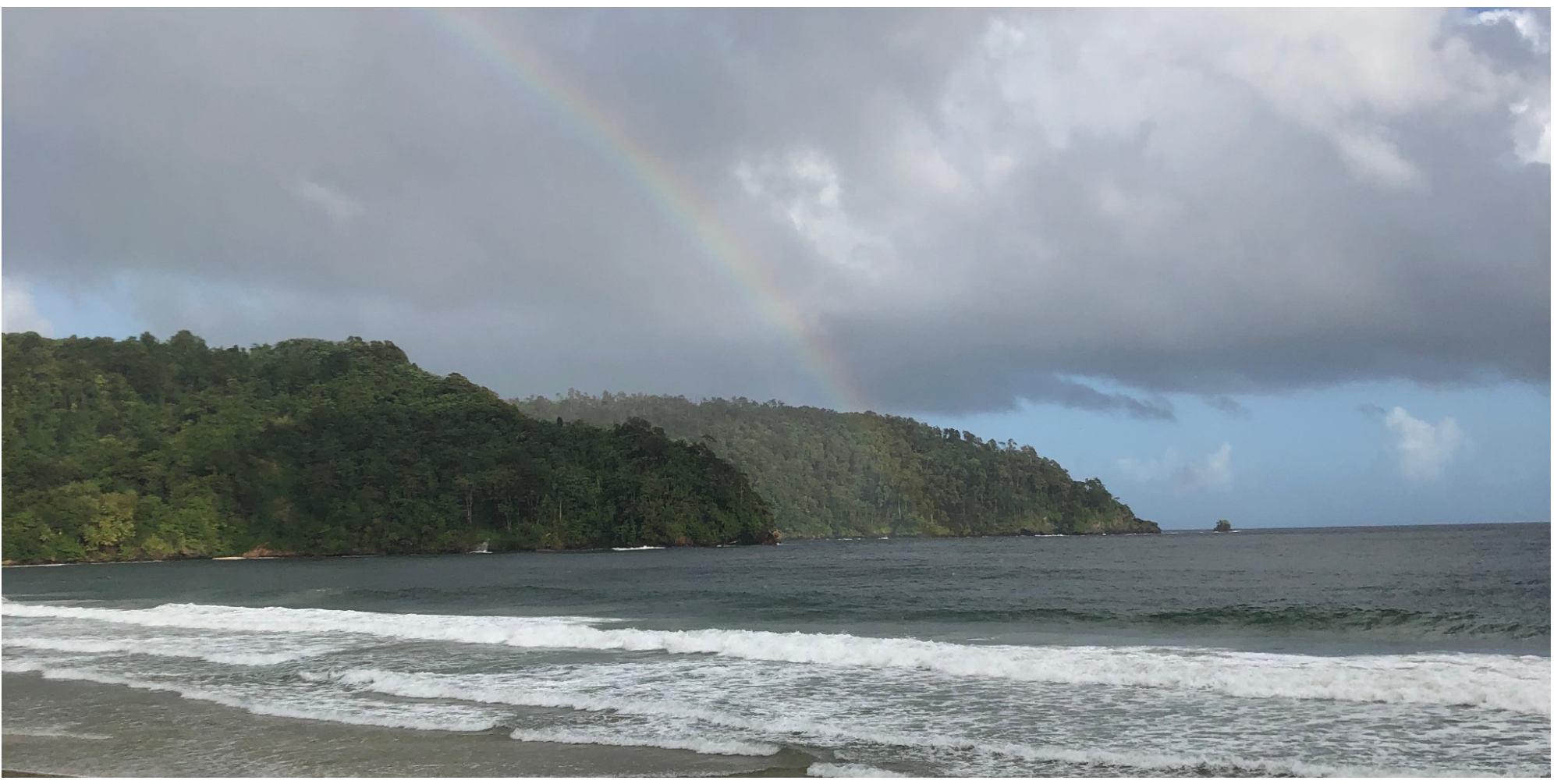
Muli Amaye is a novelist and short story writer. She gained a PhD in Creative Writing at Lancaster University, UK. Her interests very much centre around women, memory, migration, diaspora and belonging.
Her debut novel, A House With No Angels, was published by Crocus Press in 2019. She was longlisted for the SI Leeds Literary Prize in 2014 for her yet unpublished novel, Bloody’s in the Bible. She placed second in 2021 for the UK poetry competition We want to Dream for her poem On Writing Us. Her short fiction has been published in anthologies and literary journals, such as Midnight & Indigo Literary Magazine, USA and the recent speculative Fiction anthology, Glimpse, UK, edited by Leone Ross.
She has taught creative writing in tertiary education in the UK, Northern Iraq and Trinidad and Tobago since 2006 and has worked in the community for over 20 years. She still gets inspired and excited at the opportunity to teach and learn.
